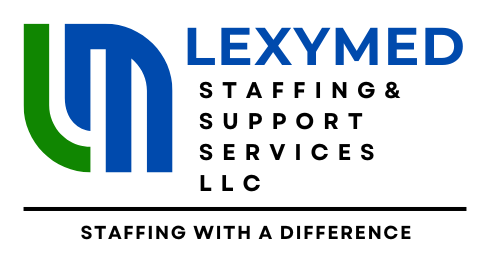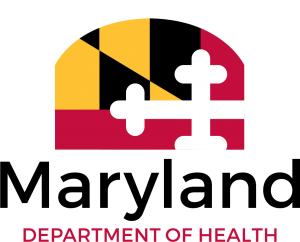Innovative solutions to help your business thrive. Our expert team is ready to partner with you to achieve extraordinary results.
At LexyMed Staffing and Support Services LLC , we strongly believe in the concept that a business is only as strong as its employees, hence we ensure that the qualified employees with quality skills are engaged and made available to our clients. We are confident that our team will find the best talent for your organization.
We have a large database of experienced professionals, which are thoroughly scrutinized before hiring. Not only are our talents accessed on their academic grounds, but also analyzed on their personal traits.


We are committed to providing a dedicated and skilled workforce tailored to meet your unique business needs.


Staffing agency you can trust in the United States